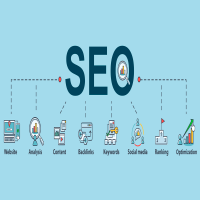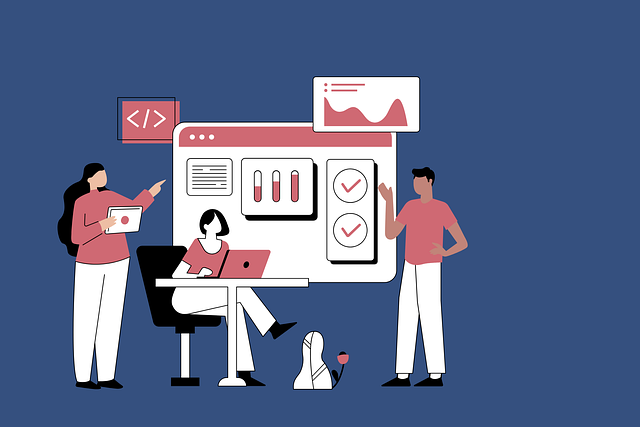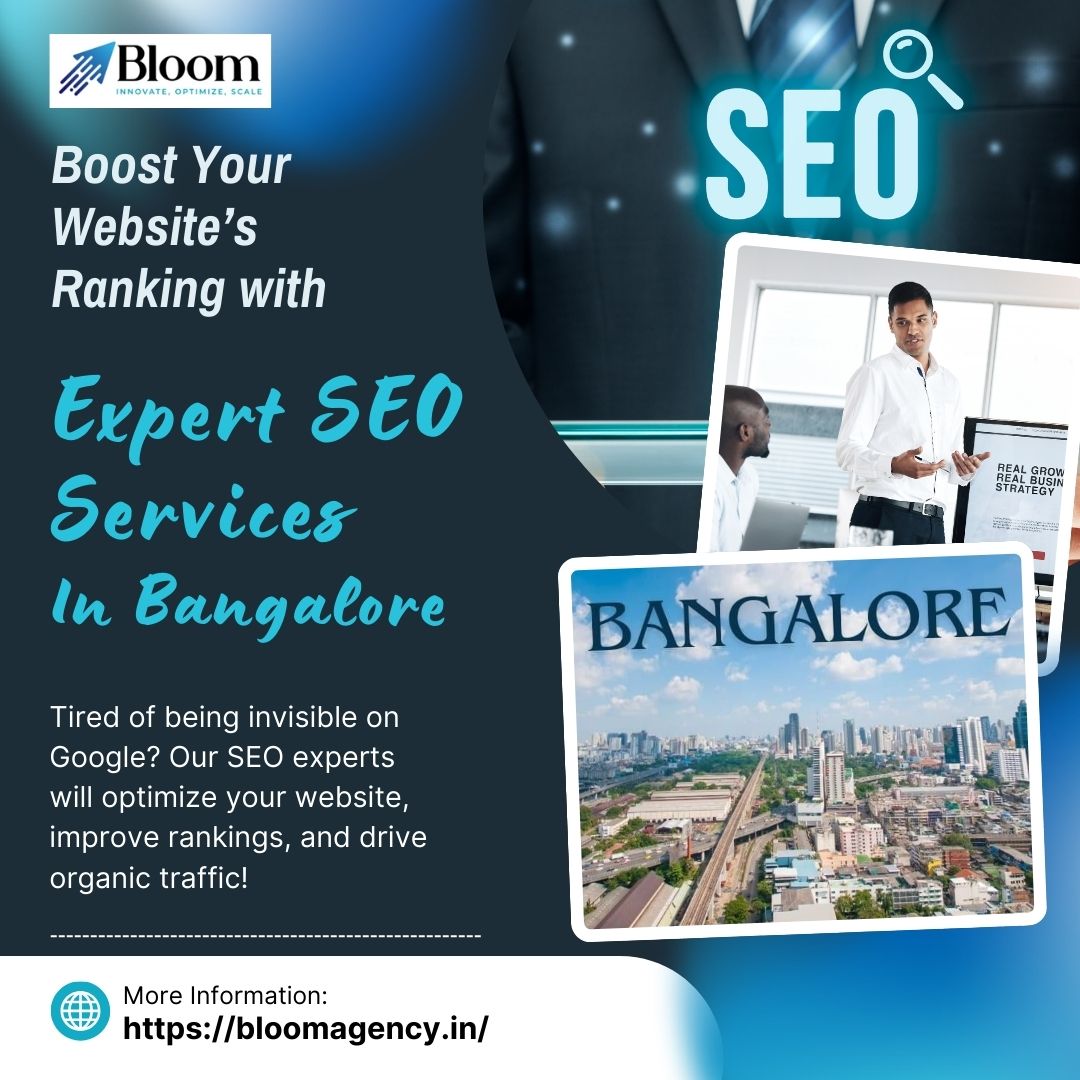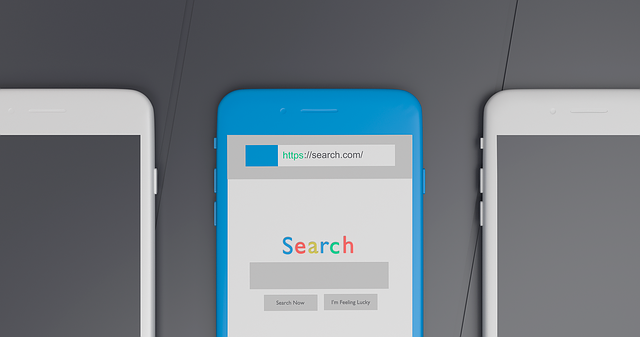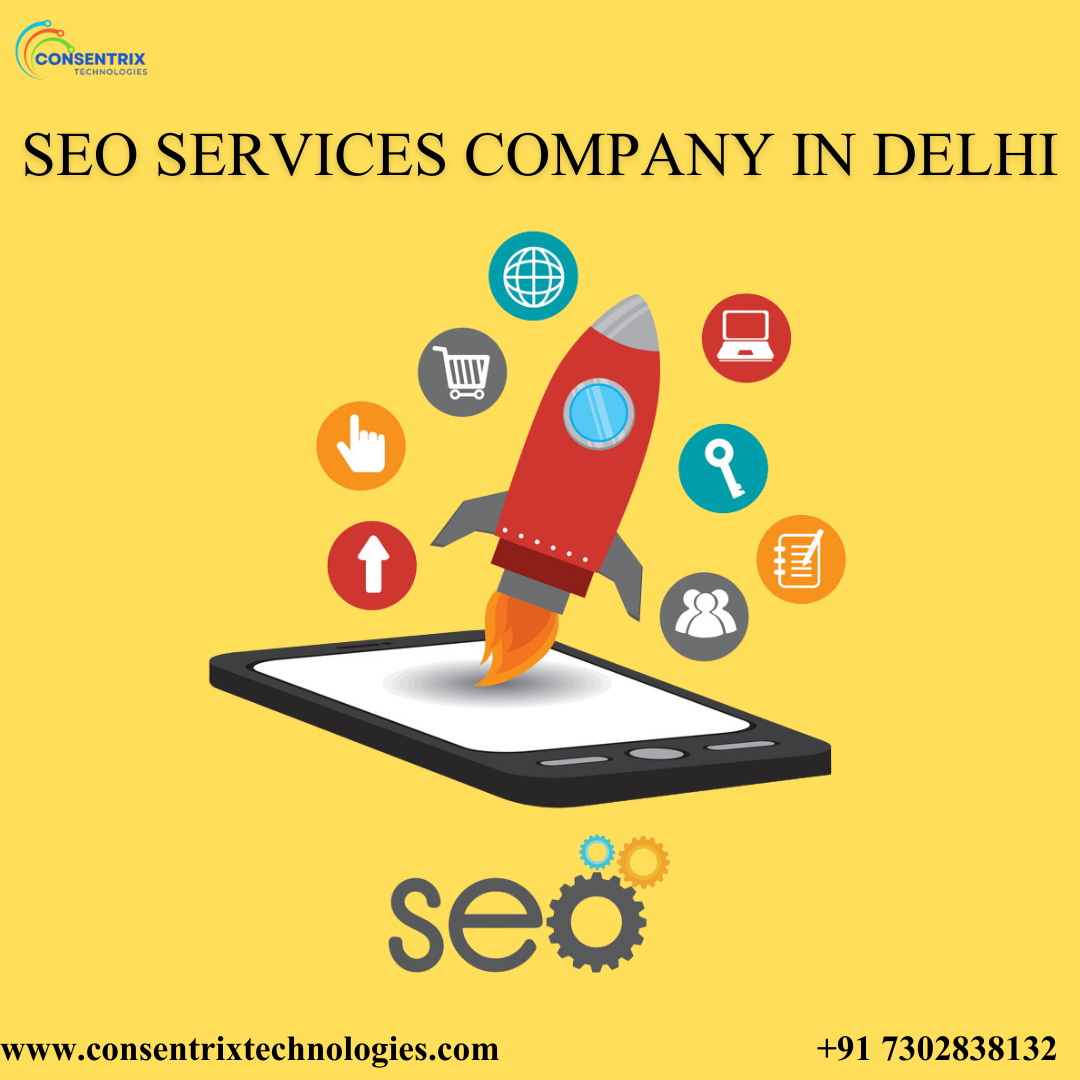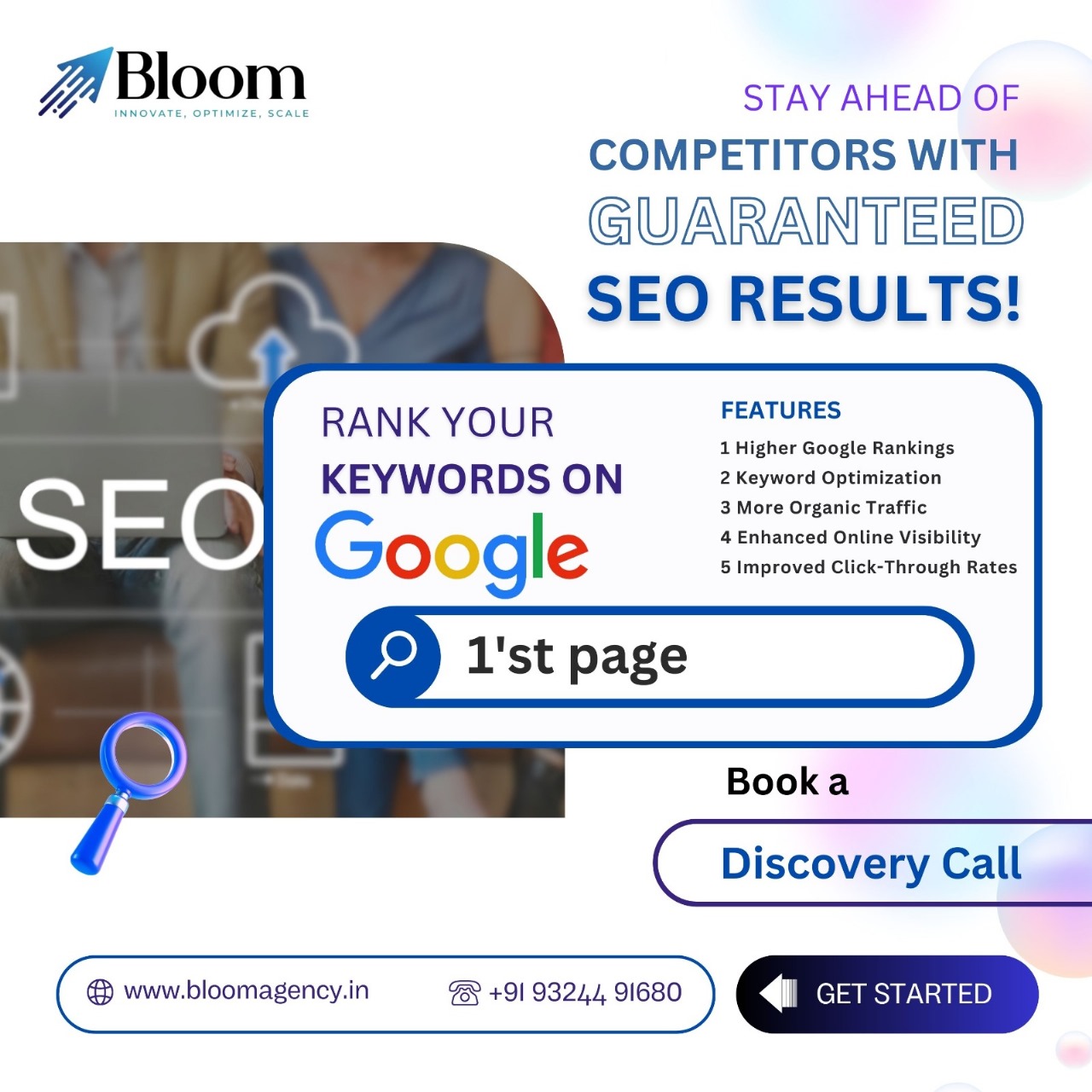SEO vs. PPC: Which One Should Your Business Focus On
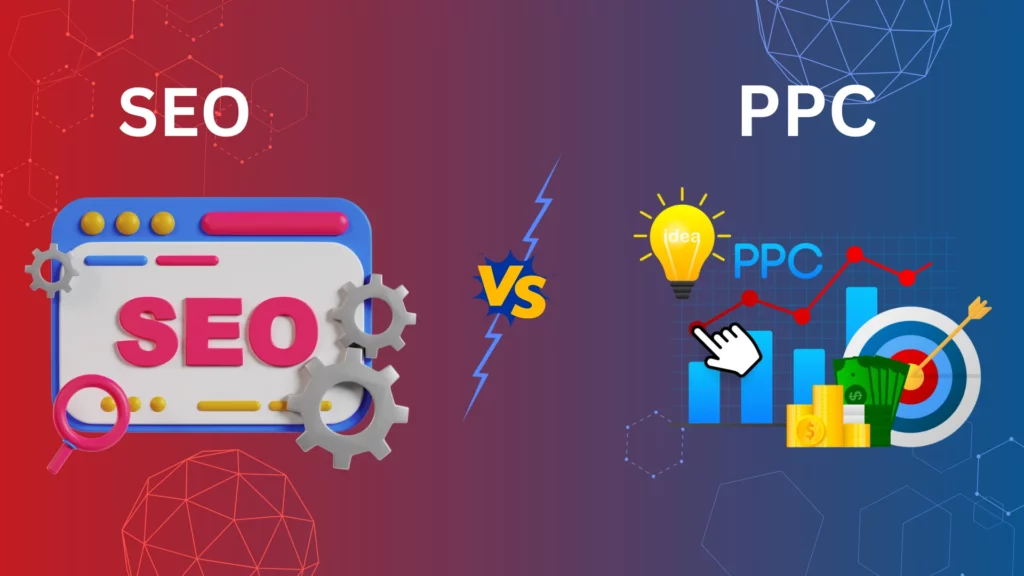
Strong 8k brings an ultra-HD IPTV experience to your living room and your pocket.
In today’s competitive digital landscape, businesses are constantly looking for ways to drive traffic, increase brand awareness, and generate sales. Two of the most effective strategies to achieve these goals are SEO (Search Engine Optimization) and PPC (Pay-Per-Click) advertising.
Both are powerful tools, but they serve different purposes and operate in distinct ways. SEO focuses on optimizing a website’s content and structure to rank higher in search engine results organically, leading to sustainable, long-term traffic.
On the other hand, PPC is a paid advertising strategy where businesses bid on keywords, ensuring their ads appear at the top of search results or on other platforms, with costs incurred only when users click the ads.
While SEO is a long-term investment requiring ongoing effort, PPC provides instant visibility and measurable results. For many businesses, the question arises: which strategy should be prioritized?
Should you invest in SEO for long-term organic growth, or should you focus on PPC for quicker, more targeted results? This article will break down the key differences between SEO and PPC, helping you understand which approach aligns best with your business goals and budget, and whether a combination of both might be the most effective strategy.
What is SEO?
SEO, or Search Engine Optimization, is the practice of optimizing a website to improve its visibility in search engine results pages (SERPs). The primary goal of SEO is to increase organic (non-paid) traffic to a website by making it more attractive to search engines like Google, Bing, and Yahoo. SEO involves a combination of strategies aimed at improving a website’s ranking for relevant search queries.
There are three main types of SEO:
On-Page SEO: This refers to optimizing individual pages on a website to improve their search engine rankings. It includes strategies like keyword research and integration, optimizing meta tags (title, description), improving content quality, enhancing user experience (UX), and using proper HTML tags. For example, if your website sells Tissot watches, you can optimize product pages with keywords such as “luxury watches,” “affordable Swiss watches,” or “Tissot PRX review” to target specific audiences. Additionally, incorporating Local SEO strategies and positive customer review examples can help businesses attract nearby customers by optimizing for location-specific searches.
Off-Page SEO: This involves activities that happen outside of the website, such as acquiring backlinks from other authoritative sites. Backlinks act as votes of confidence, signaling to search engines that the content is valuable and trustworthy.
Technical SEO: This focuses on improving the technical aspects of a website, like ensuring fast loading speeds, mobile-friendliness, a secure HTTPS connection, and proper indexing of pages by search engines. Adapting to SEO trends in technical optimization can give businesses an edge, as search engines prioritize user experience and site performance in their rankings. Front-end development services play a crucial role in implementing these optimizations effectively, ensuring that the site is both visually appealing and functionally robust.
SEO is a long-term strategy that requires patience but can provide sustained, cost-effective traffic over time, helping businesses build credibility and a strong online presence.
What is PPC?
PPC, or Pay-Per-Click, is an online advertising model where businesses pay a fee each time one of their ads is clicked. This form of digital advertising allows companies to display their ads on search engines, websites, and social media platforms, targeting specific keywords, interests, and demographics.
The most popular PPC platform is Google Ads, but other platforms such as Bing Ads, Facebook Ads, and LinkedIn Ads also offer PPC opportunities.
The core advantage of PPC is its ability to drive immediate, targeted traffic to a website. Unlike SEO, which can take months to show results, PPC ads deliver quick visibility and instant traffic as soon as the campaign is live. Advertisers can set a budget and bid for keywords, with the goal of getting their ads to appear in relevant search results or on partner websites.
PPC campaigns offer significant control over targeting, allowing businesses to reach specific audiences based on location, time of day, device type, and more. Advertisers can also refine their strategies using performance metrics, adjusting bids, ad copy, and targeting to maximize ROI.
However, PPC requires a consistent budget allocation, as costs are incurred with every click, and the campaign stops generating traffic once the budget is depleted.
Key Differences Between SEO and PPC
The key differences between SEO (Search Engine Optimization) and PPC (Pay-Per-Click) advertising lie in cost, speed, sustainability, and control.
Cost Structure: SEO is primarily a time and resource investment, with no direct cost for clicks, although you may incur expenses for tools, content creation, and professional services. In contrast, PPC requires a budget for each click on your ads, with costs varying depending on the competition for keywords and targeting specifics.
Time to Results: SEO takes time to yield noticeable results, typically requiring months of effort to build organic rankings. However, the benefits can be long-lasting. On the other hand, PPC delivers immediate results by placing your ads at the top of search results instantly, ensuring quick traffic but dependent on continued investment.
Long-Term vs. Short-Term: SEO is a long-term strategy aimed at sustainable, organic traffic growth. Once rankings are established, they can continue to drive visitors without ongoing costs. PPC, however, is a short-term solution; when the budget runs out or the campaign ends, traffic stops.
Control Over Traffic: SEO is influenced by search engine algorithms and requires adjustments based on these rules. PPC provides greater control, allowing you to set your budget, select target audiences, and adjust campaigns for immediate changes.
Which One is Better for Your Business?
Choosing between SEO and PPC largely depends on your business goals, budget, competition, and target audience.
Business Goals: If you're looking for immediate results, such as generating leads or sales quickly, PPC is the ideal choice. PPC allows for fast visibility and can drive immediate traffic to your site. “Many businesses rely on agencies that offer PPC services to create and manage effective campaigns.”
However, if your goal is sustained, long-term growth with an organic reach, SEO is more suitable. While SEO takes time to show significant results, it brings a steady stream of free, organic traffic once established.
Budget: PPC requires a consistent financial investment since you pay for each click. This can be expensive, especially in competitive industries. On the other hand, SEO may have higher initial costs for content creation and optimization but offers a more cost-effective long-term solution since organic traffic doesn’t incur direct costs per click.
Competition and Industry: In highly competitive markets, PPC can offer an edge by placing your business at the top of search results immediately. In niche markets with less competition, SEO may be enough to attract and convert leads over time.
Target Audience: SEO is better for businesses focusing on long-term customer relationships, while PPC is more suitable for reaching targeted customers quickly through tailored ads.
Ultimately, the best strategy often involves a balance of both, leveraging their strengths for different stages of the customer journey. Businesses in dropshipping can benefit by using PPC for quick visibility and SEO for sustained organic growth, creating a comprehensive approach to reach and retain customers.
When to Use SEO and PPC Together
Using SEO and PPC together can create a powerful, comprehensive digital marketing strategy. While SEO focuses on long-term, organic growth, PPC delivers immediate visibility and targeted traffic. By combining both, businesses can leverage the strengths of each to maximize their overall marketing effectiveness.
1. Enhanced Visibility: SEO helps improve organic rankings, but it takes time to see results. In contrast, PPC offers instant visibility through ads, ensuring your business appears at the top of search results right away. Using both can give you a dominant presence on search engines, both organically and through paid ads.
2. More Comprehensive Targeting: SEO helps you attract inbound traffic, usually people already interested in your content or products. PPC allows for more precise targeting, letting you reach potential customers based on demographics, interests, and search intent. Combining these methods ensures you're capturing a wider audience, from those passively searching to those actively seeking your offerings. To enhance targeting, consider using management software alongside SEO and PPC strategies for better campaign efficiency.
3. Data and Insights: PPC campaigns generate valuable data on customer behavior, keywords, and ad performance. These insights can inform your SEO strategy, helping you refine your content, targeting, and optimization efforts for better results over time.
In conclusion, using SEO and PPC together maximizes visibility, enhances targeting, and provides useful data for optimizing future campaigns, creating a balanced approach to both short-term and long-term business growth.
Conclusion
In conclusion, both SEO and PPC offer unique advantages that can significantly contribute to the growth of your business, but the best choice depends on your specific goals, budget, and industry.
SEO is a long-term strategy that builds credibility, organic traffic, and sustainable growth, making it an excellent choice for businesses looking to establish a strong online presence over time.
However, it requires patience, consistent effort, and expertise to see significant results. On the other hand, PPC provides immediate visibility and targeted traffic, making it ideal for businesses that need quick results, such as promotions, product launches, or lead generation.
While PPC can be cost-effective with the right strategy, it is a short-term solution that relies on ongoing investment. For many businesses, a combination of both SEO and PPC can be highly effective.
SEO can fuel long-term organic growth, while PPC can drive immediate traffic and help you capture the attention of your target audience quickly. Ultimately, the decision should align with your business goals, resources, and the competitive landscape in your industry.
Regularly evaluating your performance and adjusting strategies ensures that your business stays ahead in the ever-evolving digital marketing landscape.
Note: IndiBlogHub features both user-submitted and editorial content. We do not verify third-party contributions. Read our Disclaimer and Privacy Policyfor details.

